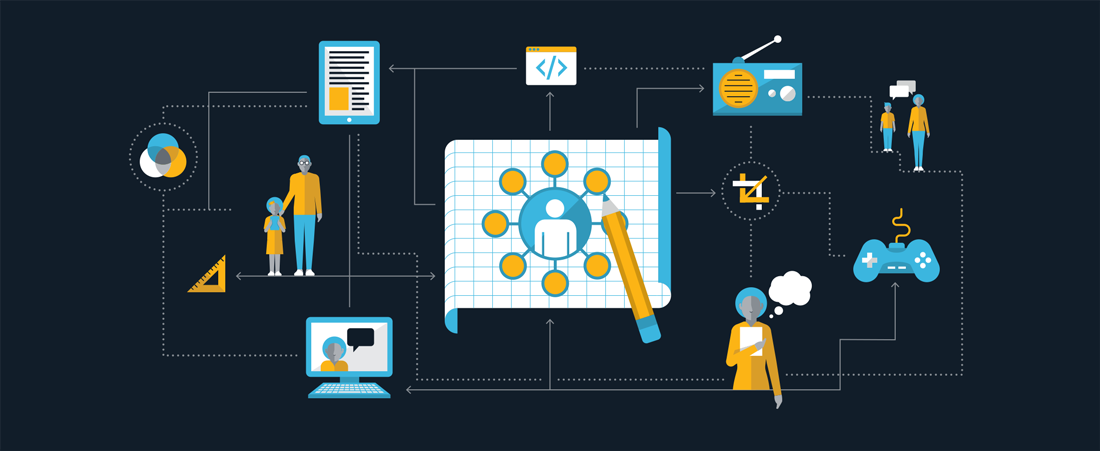
EDC’s collaborative process brings together scientists, researchers, educators, creative artists, media and technology specialists, and intended users—from young children to the elderly—to design, test, refine, and disseminate high-quality curricula, trainings, interventions, and other resources.
We create professional development and continuing education programs for busy practitioners, open-source online courses that reach hundreds of thousands of budding entrepreneurs around the world, and digital tools and applications that promote basic literacy and health.
Our work demonstrates that the best learning integrates knowledge and experience to empower individuals with critical skills and to achieve sustainable improvements in services and systems.
Learn about EDC’s work to strengthen early childhood interventions with Continuous Quality Improvement.
Resources
EDC’s Chemistry: Concepts and Practices, a yearlong high school course curriculum, fosters grade 9–12 students’ scientific and data literacy; builds their reading, writing, and oral commun
This report details the work of the Akazi Kanoze (AK) Youth Livelihoods Project, which was funded by the U.S. Agency for International Development and implemented by EDC.
This report spotlights how St. Joseph’s University Medical Center is using the Elder Mistreatment Emergency Department Toolkit to identify and address elder mistreatment.
This study reviews student assessment data collected from 15 EDC projects to determine the impact of interactive radio instruction (IRI) on student achievement in hard-to-reach areas.
In this paper, the authors discuss the purpose, design, and launch of the Maternal and Child Health Bureau’s first ever Home Visiting Collaborative Improvement and Innovation Network (HV CoIIN).
This three-part series, funded by the National Science Foundation, features engaging activities that bring middle school youth outdoors to explore the natural world using observation, digital photo
These teachers’ guides supplement the Living: Skills for Life, Botswana’s Window of Hope curricula.
This website provides an overview of a professional development program for middle grades mathematics teachers and links to selected resources for use in in-person or remote instr
This resource library contains research, presentations, and white papers developed by EDC’s Oceans of Data Institute (ODI), which is dedicated to transforming education to help individuals succeed
In this briefing book, the leaders of the Massachusetts Computing Attainment Network (MassCAN) describe the goals, key accomplishments, and future directions of the partnership.